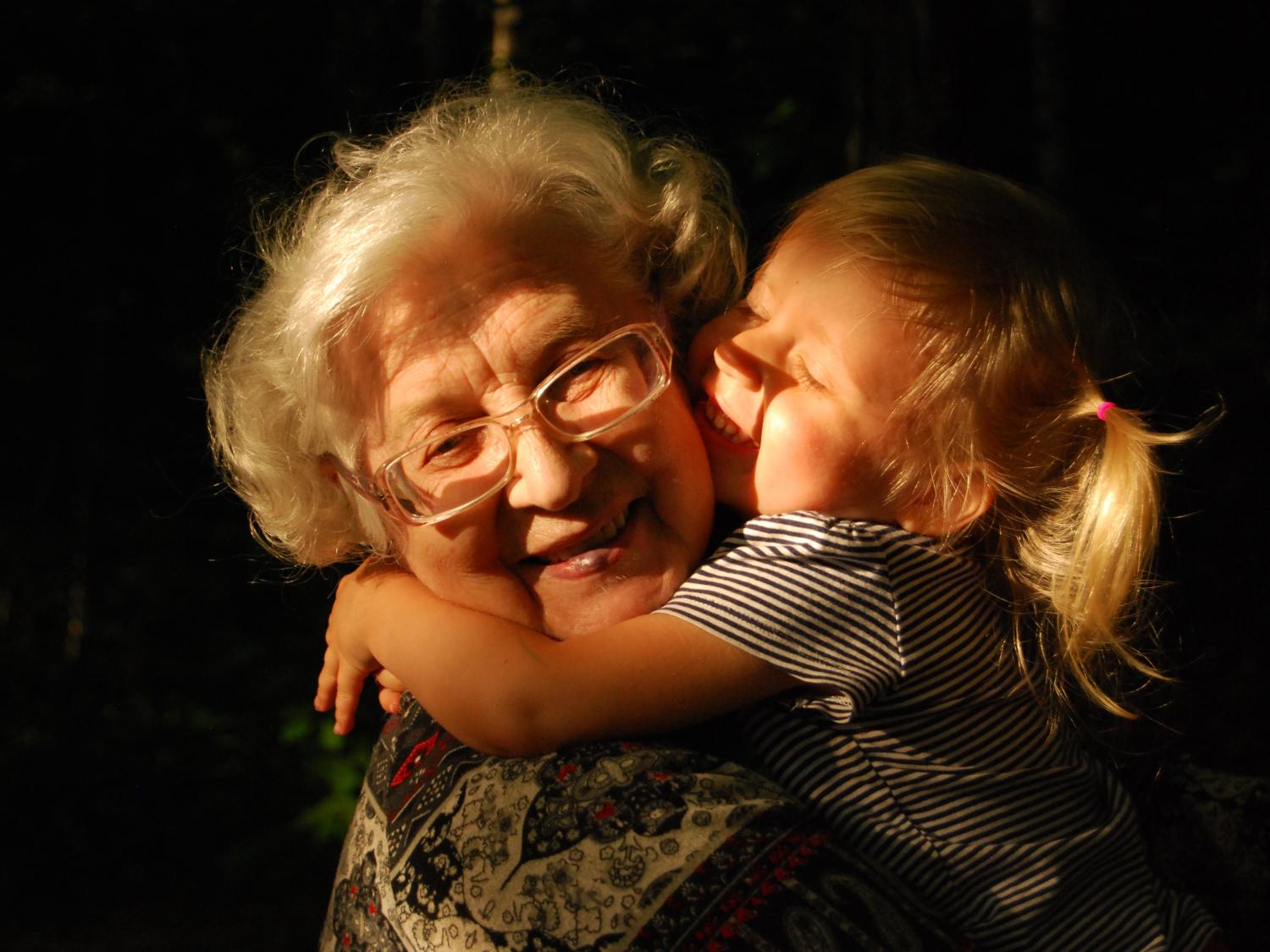
For family members unexpectedly taking care of a relative’s child during the opioid crisis, it can be difficult to navigate the legal waters of assuming custody. The process may be easier — and come with more support — if these caregivers have personal connections to local resource institutions, according to a study conducted by a Penn State faculty member.
The researcher examined kinship care families — arrangements in which children are cared for primarily by relatives such as aunts and uncles, grandparents, siblings and family friends. She found that when caregivers personally know or are connected to local, legal actors and decision makers, they had an easier time navigating the legal processes involved in these custody arrangements.
For example, these personal connections may make it easier to approach a district attorney to file for emergency custody or to expect that a judge would grant legal custody.
Kristina Brant, author of the study and assistant professor of rural sociology and Social Science Research Institute cofounder faculty at Penn State, said the findings provide insight into the challenges that certain kinship families face and can help identify opportunities to address these inequalities.
“People who have these positive personal connections can leverage them to secure the legal arrangement that is best for their family, while also minimizing the level of state surveillance they are subject to as they take on these new caregiver roles,” Brant said. “Conversely, caregivers who have negative connections may not only lack the power to secure their ideal legal arrangement but also may attract unwanted and intrusive surveillance and punishment.”
The U.S. has been in the middle of an opioid crisis throughout the 21st century, with previous research estimating that 9.7 million people were misusing prescription opioids in 2019. Even though the crisis has affected communities across the country, Brant said rural areas — such as certain parts of Pennsylvania — have been particularly vulnerable.
She added that while there has been much research on how opioid use affects people using the substances, there has been less done on how the crisis is affecting the people around them — for instance, by increasing the number of relatives raising the children of other family members who may be incarcerated or undergoing treatment.
Previous research found that in 2020, the number of children in kinship families reached an all-time high of 2.7 million, and because there are many ways these arrangements can be brought about, Brant said, there are also large inequalities in the amount of support these families receive.
“Foster parents, for example, are given monthly stipends from the state,” Brant said. “So, if a relative becomes a foster parent for a family member’s child, that comes with financial support that can be really important. But if a family decides to care for a child informally without any state intervention, they may not get any support at all.”
For her study — recently published in the Russell Sage Foundation Journal of the Social Sciences — Brant wanted to learn more about how kinship families are formed and how some of the decisions about these arrangements are made.
She conducted 50 in-depth interviews with relative caregivers and 47 with various actors in the local legal systems that regulate kinship families, such as judges and public defenders. The interviews took place in Appalachian Kentucky, an area particularly affected by the opioid crisis and one that has seen one of the largest increases in the prevalence of kinship care.
After analyzing the interview data, Brant found that there was inequality in the knowledge and connections that caregivers can utilize while navigating new caregiving arrangements.
“People who aren’t well connected might feel stuck in an arrangement that doesn’t give them support when they wish they had it, or that takes away control and subjects them to state surveillance that they don’t want,” Brant said. “So, it depends on who they know and are connected to in the county, and these systems can impact their ability to make decisions for their family.”
Brant said that moving forward, she’s partnering with extension educators at Penn State and West Virginia University to build a curriculum to help create support groups for relatives who are raising kids. She hopes the groups will help caregivers — who may be raising kids for the first time in decades — to gain social support and build family competence.
For example, Brant said one lesson in the curriculum helps caregivers understand the legal system governing kinship families, which is complex and can vary from state to state. This lesson could help to fill some of the legal knowledge gaps that she identified in her research.
“These support groups could invite a guest speaker from legal aid to come in and answer questions, and then those caregivers would have a point person they can turn to and ask for advice,” Brant said. “It’s about building knowledge and providing connections and support for those who lack it.”
The Harvard University Multidisciplinary Program in Inequality and Social Policy and a National Science Foundation Doctoral Dissertation Research Improvement grant helped support this research.